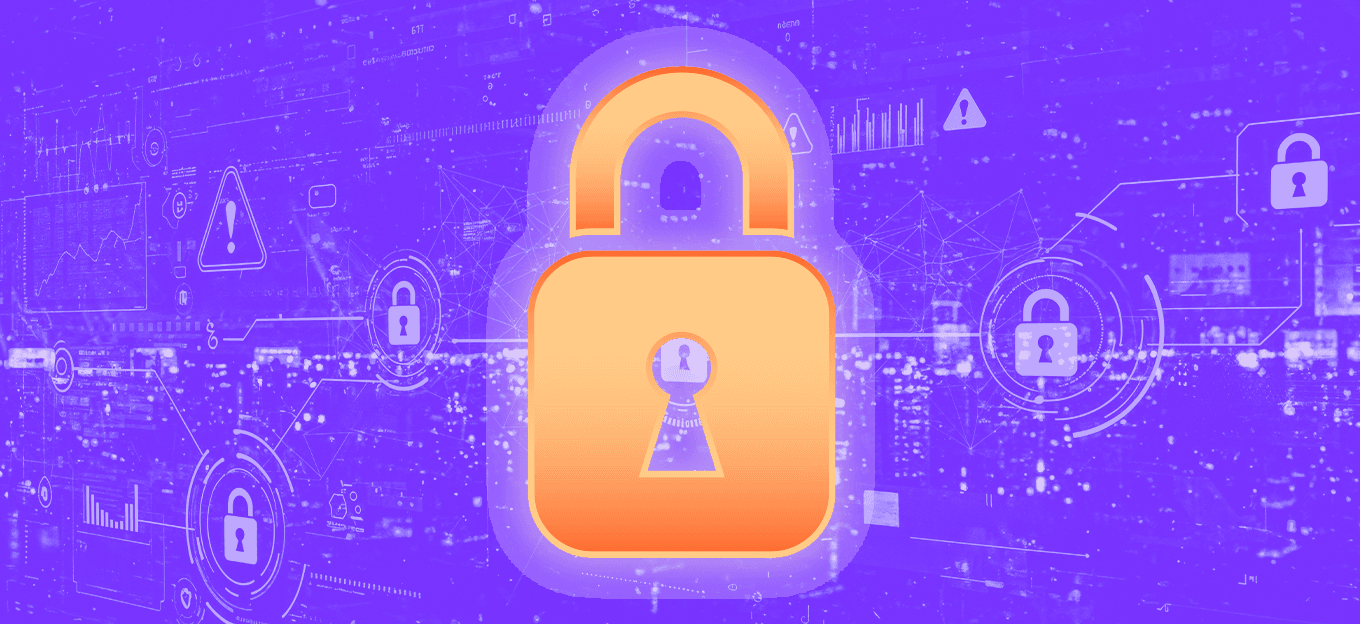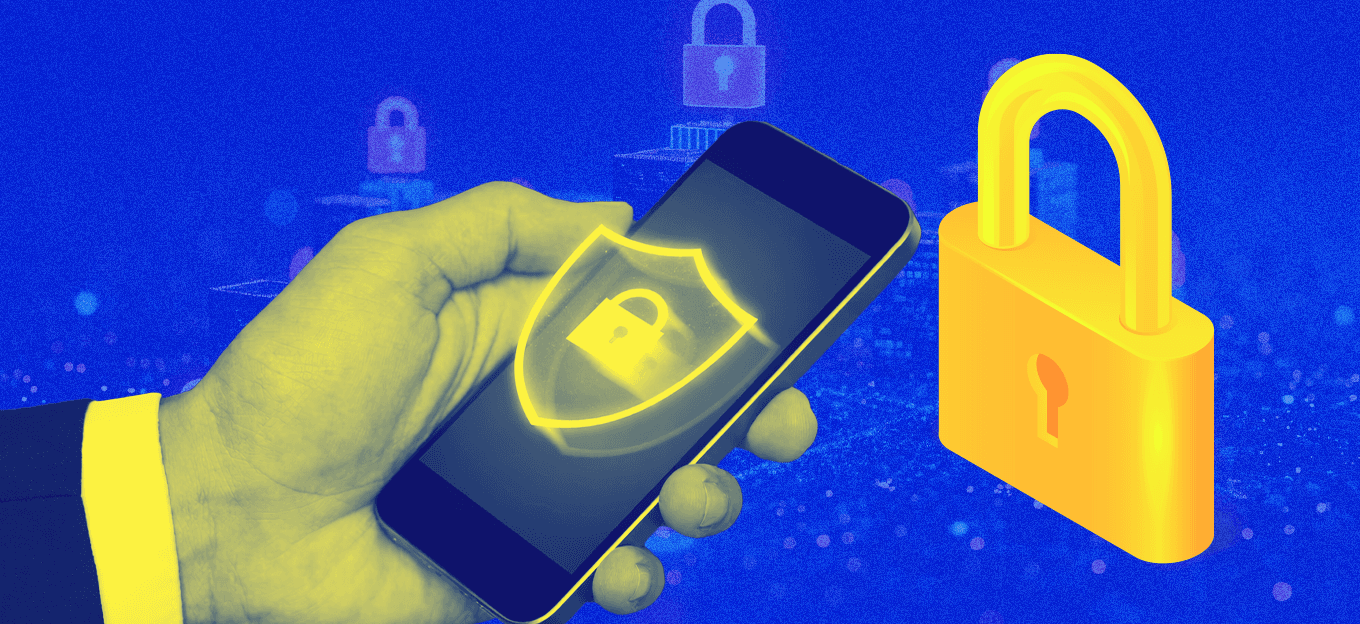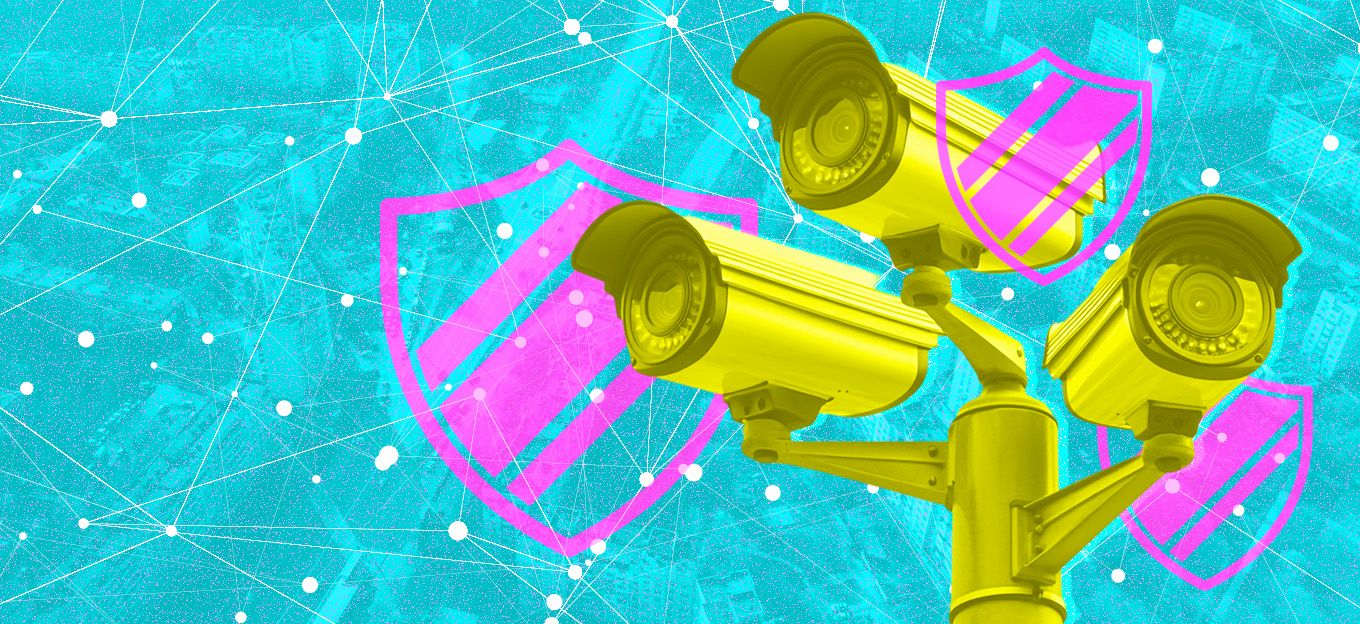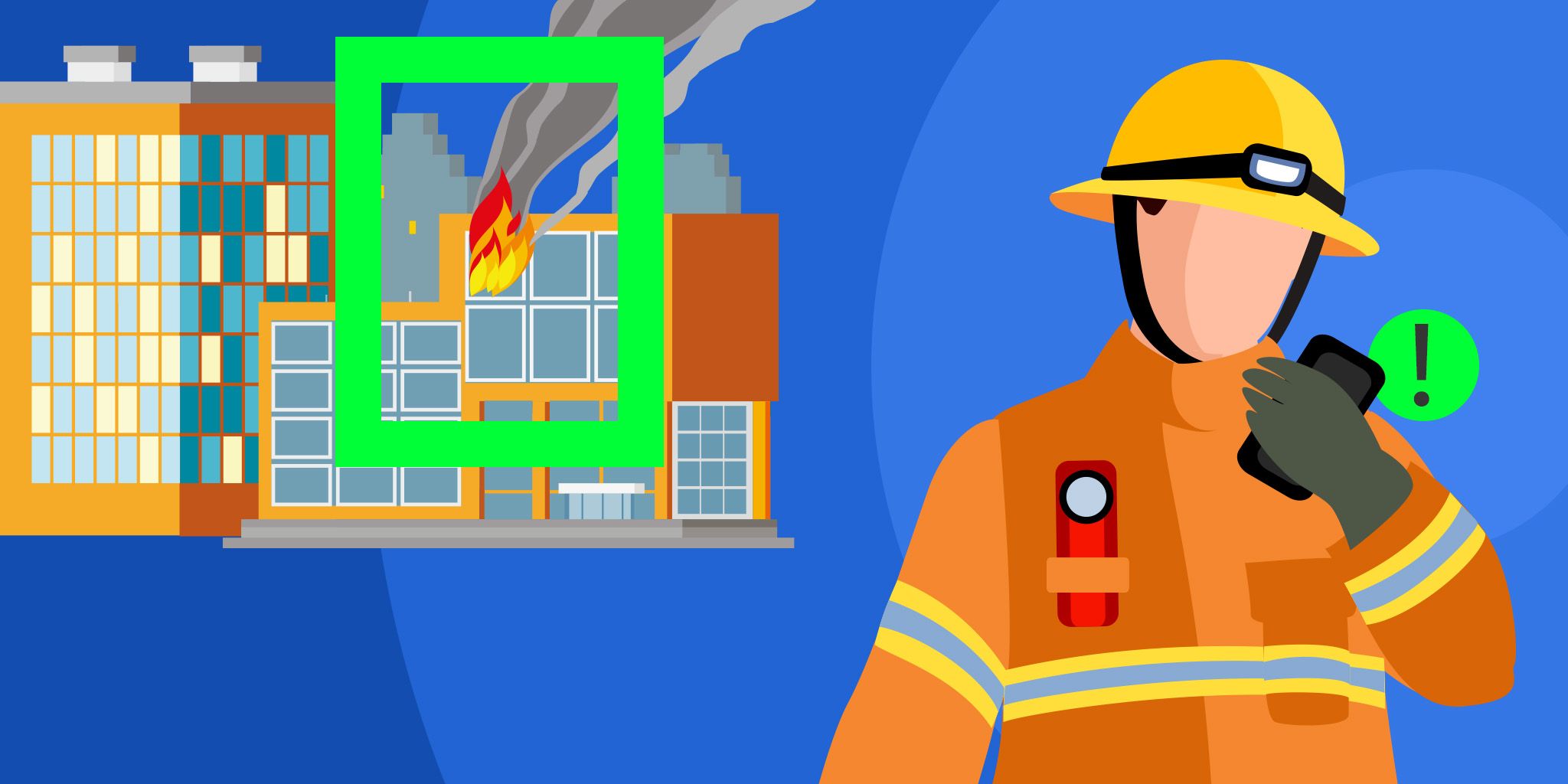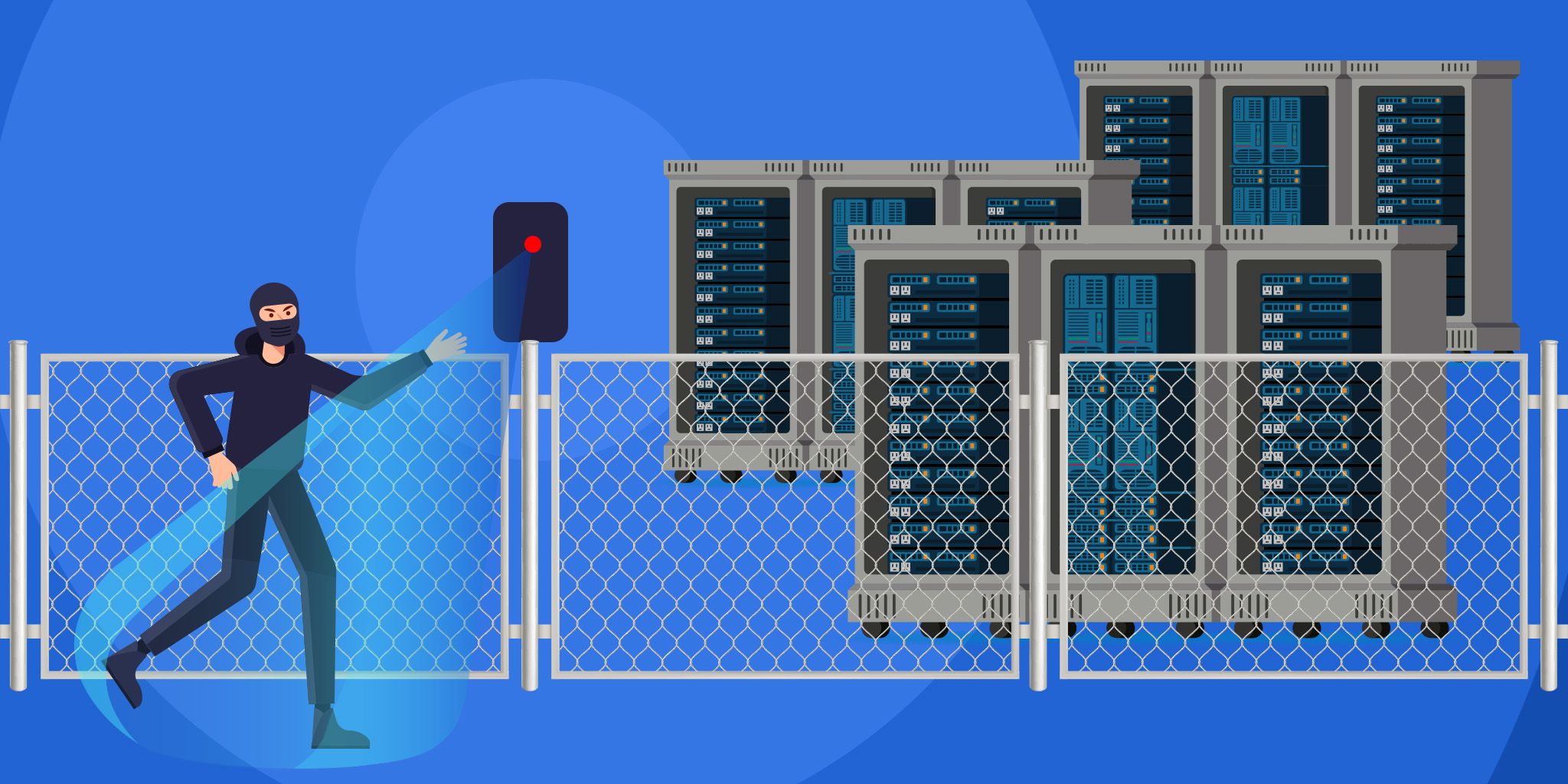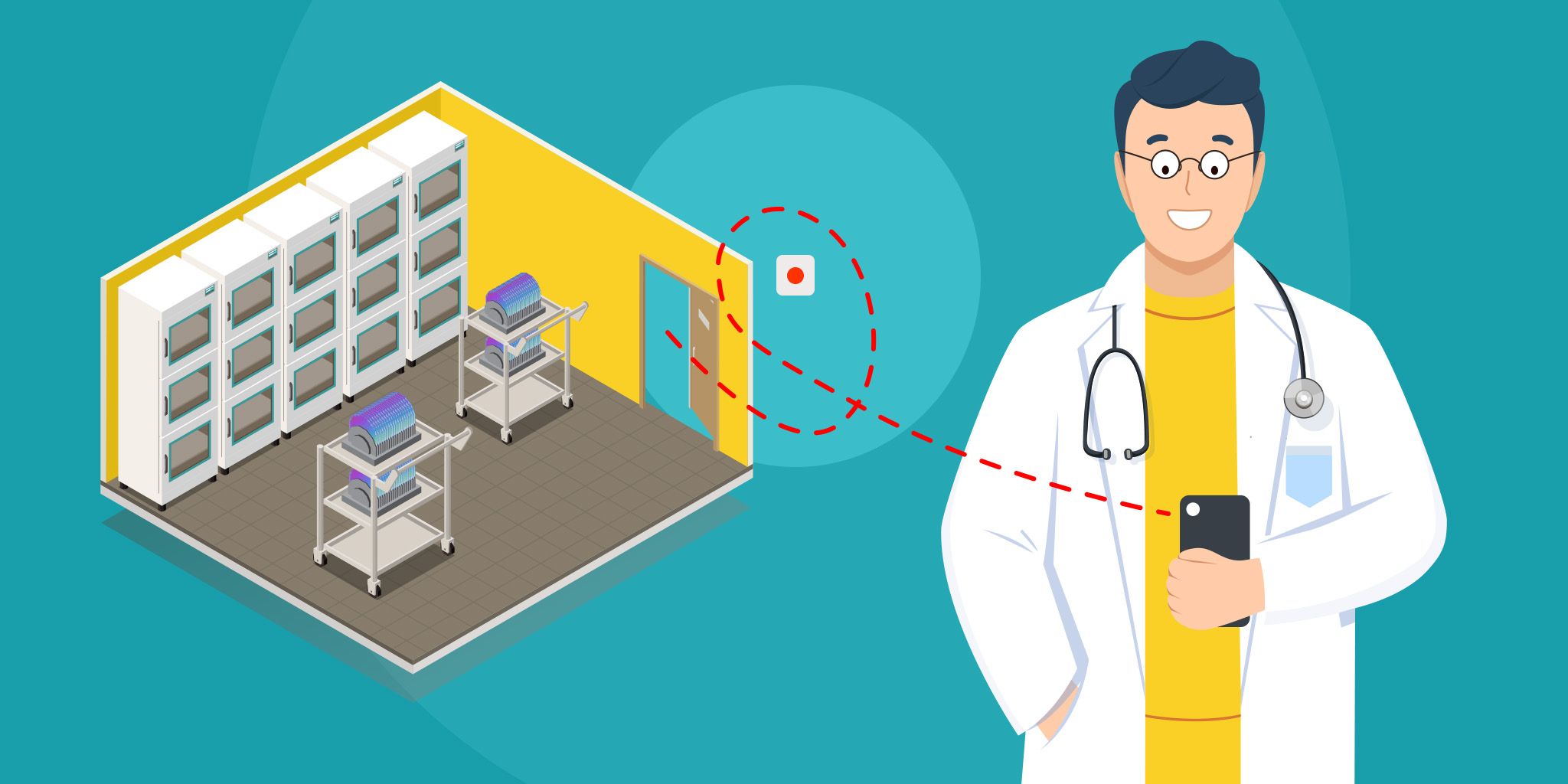Security And Safety Concerns With Smart Vacuum Technology
Security And Safety Concerns With Smart Vacuum Technology
- Last Updated: December 2, 2024
Noah Rue
- Last Updated: December 2, 2024



It can be hard to believe how far technology has come over the past few decades. Things that we currently take for granted used to be significant chores or hassles. There is an incredible amount at our fingertips that our grandparents probably wished for but never thought was possible.
Take, for instance, all of the smart devices that are filling up our homes. We have smart TVs which record our favorite shows automatically every week and smart thermostats that can be adjusted from the office. We also have Bluetooth in our cars, security systems that are motion-activated, and smart appliances that clean our homes. All of this is tied together with a fancy device that fits in our pockets and does about a thousand other cool things.
Although there are many benefits to smart devices, there are substantial risks even in the devices we wouldn’t necessarily think of as risky such as a smart vacuum.
Technologies are easily taken for granted because they make our lives so much easier. They can also be hard to understand, which leads many of us to fail to take the necessary precautions with them. More and more frequently, we hear stories of smart technology that have been hacked and do weird things. Even our smart vacuum cleaners have risks!
The Smart Tech Boom
Many of these risks are ones that people are gladly willing to take on for the ease they bring to life. Smart, connected homes are the way of the future, and they are already impacting our lives in more ways than many of us imagine. When it comes to our homes, smart devices for things like energy efficiency, security, appliances, and electronics are already on the table.
In fact, smart home upgrades are one of a handful of things that can really improve the value of your home without a lot of major work. There are a lot of younger buyers that already expect newer homes to come equipped with some level of smart device capability. Things like smart plug-ins or lighting systems are considered major bonuses by most realtors.
While smart devices can seem incredible and make our lives feel profoundly less busy, they can also make everything less secure. Nearly everyone has heard the horror stories of smart security systems being hacked and having hackers talk to people through it. What many people fail to realize is that any smart device could be a risk–even the ones that seem far too simple to matter such as a smart vacuum.
Is the Vacuum Spying on You?
Here’s how it could work in theory (or reality, really). Hackers could use your vacuum for home recon, eavesdropping, video surveillance, and potentially even to crack into your IP address and gain your home’s location.
You’re tired of lugging your heavy vacuum cleaner around to every room one or more times per week. It’s such an added chore and it never seems done. So you’re going to bite the bullet and upgrade to a smart vacuum. You read reviews and decide to go for the fancy one - you’ll never have to do much more than empty a filter again!
Things are going great, you have everything set up to be managed through your phone and your new vacuum is set on a timer to run every day while you’re away at work. It has a camera that it uses to avoid bumping into things and you can set a pattern so that different rooms get cleaned at different rates. It’s awesome! Not only do you not have to listen to the vacuum, but your home is always clean!
Smart vacuums are relatively simple from a coding perspective, however, and, therefore, not very secure. At some point, your vacuum is hacked. Hackers can use the camera to get the layout of your house and navigate to whatever room they feel like while you’re not home. Because your vacuum is operating online, the hacker could gain access to your IP address and location, making a successful break-in almost too easy.
Taking Precautions
So what is one to do? Give up all of the benefits of smart homes and go back to the real-life challenges of having to run the vacuum and manually turn up the heat?
Might not be a bad idea.
But, for better or worse, that isn’t really the world we live in today. In one way or another, smart devices are likely a part of your life. Fortunately, there are a number of tips and tricks that you can use to improve the security of your smart home such as changing passwords frequently, not using public networks, and prohibiting remote access.
Another thing you can do is work to support ethical hacking. Ethical hacking is a valuable aspect of cybersecurity where the “good guys” hack networks to find weaknesses and alert those who can fix them before they become a problem. Ultimately, they are helping companies develop better systems and cybersecurity alerts that can prevent hackers from successfully taking over their products. Smart devices are increasingly popular and becoming a regular thing in newer homes.
Although there are many benefits to smart devices, there are substantial risks even in the devices we wouldn’t necessarily think of as risky such as a smart vacuum. Mitigating these risks is incredibly important both for companies that can use ethical hacking services and homeowners who can take steps to increase their home’s protection.
The Most Comprehensive IoT Newsletter for Enterprises
Showcasing the highest-quality content, resources, news, and insights from the world of the Internet of Things. Subscribe to remain informed and up-to-date.
New Podcast Episode

IoT in 2026: Trends and Predictions
Related Articles
